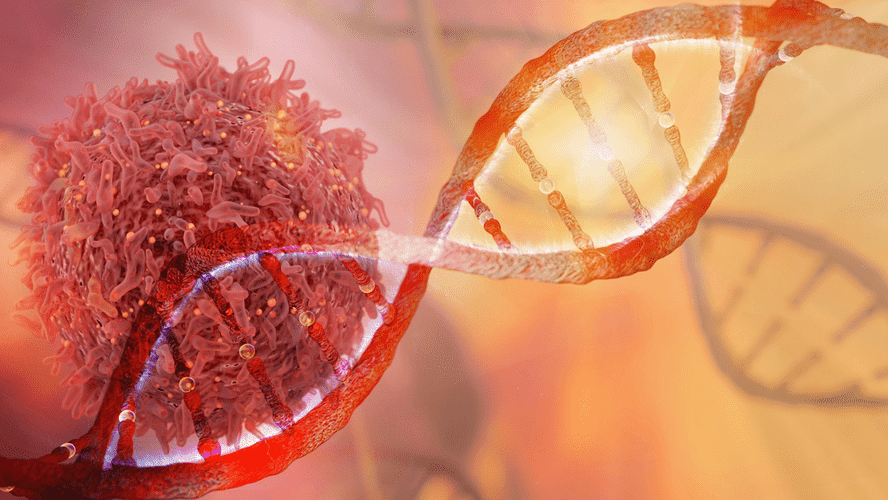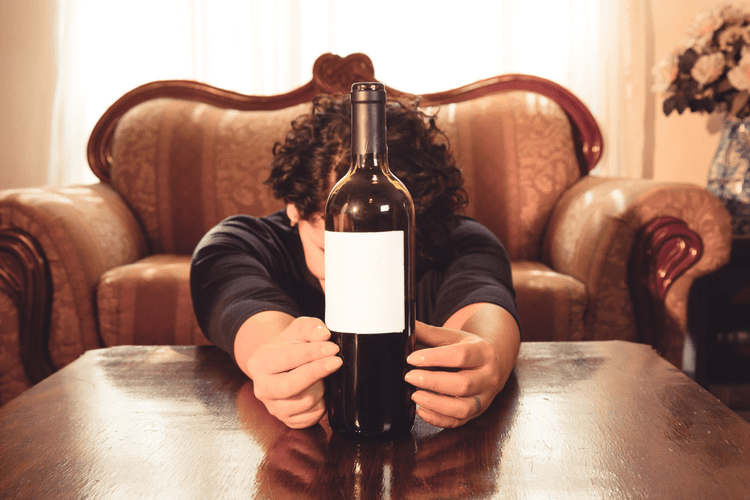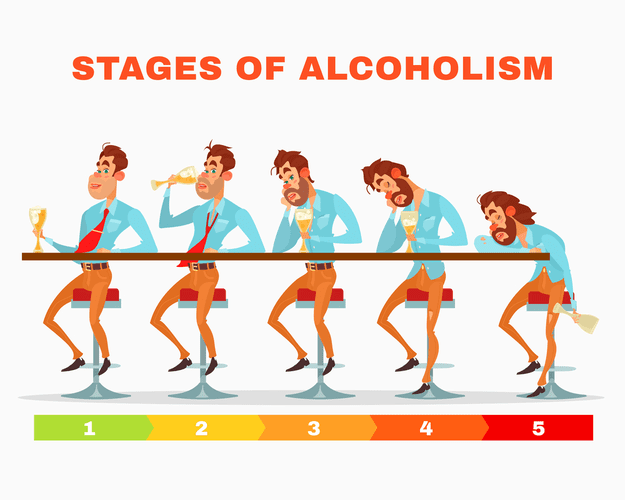Vanessa is certified in addictions http://kgpi.ru/katalog/priemniki-kupyur/132921.html counseling by Maryland’s Board of Professional Counselors and Therapists, with credentials as a clinical supervisor. She comes to The Freedom Center with over 14 years of direct experience in residential and outpatient treatment between the private and federal sectors. James Scribner holds a bachelor’s degree from the University of Maryland’s Robert H. Smith School of Business. His career began working in the accounting industry as a financial auditor.
Potential Risks and Complications
- Once alcohol is stopped, your brain continues to be hyperactive until it readjusts to the absence of alcohol.
- During medical detox, medical professionals observe the side effects and withdrawal symptoms people experience.
- Tapering is the act of gradually reducing alcohol use until completely abstinent.
- Healthcare professionals can offer counseling, therapy, and guidance to help individuals cope with the challenges of quitting alcohol and develop healthy coping mechanisms.
- Sunshine Behavioral Health strives to help people who are facing substance abuse, addiction, mental health disorders, or a combination of these conditions.
- By consulting with a healthcare professional, you can receive an accurate assessment of your alcohol use and any potential health risks.
- Remember, it’s not just about drinking less; it’s also about taking care of your overall health.
Quitting cold turkey is a significant challenge, especially for individuals with severe alcohol use disorder (AUD) or a long history of heavy drinking. The process can pose serious health risks due to the sudden absence of alcohol in the system, which the body may have become dependent upon. Alcohol withdrawal syndrome (AWS) does not follow a typical timeline due to the many variables that affect withdrawal.
- WKS is a condition that mirrors the symptoms of dementia, directly caused by alcohol abuse.
- Mary is an experienced Client Care Manager with 20+ years in customer service.
- Mr. Douglas’ experience, strength, and hope inspires those in our program, and prepares them for the real-world journey of recovery.
- It’s important to remember that recovery is an ongoing process that requires long-term commitment and support.
Challenges of Quitting Alcohol

Shannon is a certified A.D.T. who has worked in different http://www.tinlib.ru/psihologija/s_v_berezin_k_s_liseckii_e_a_nazarov/p24.php capacities at several rehabilitation centers in the state of Maryland. Shannon has a bachelor’s degree from the University of Virginia in Political Science. Prior to entering the substance abuse and mental health field, Shannon was a Corporate Executive for 18 years. The average time of an addiction recovery program can range from 30 to 90 days. Every individual’s journey is unique, and the length of time needed in an addiction recovery program can vary.
How to Safely and Effectively Wean Off Alcohol

If you’re struggling to wean off alcohol, it might be best to seek addiction treatment. Various treatment programs are available to help you recover from addiction. Learn more about alcohol withdrawal here and, once again, speak to a doctor first. If you’ve decided to taper off alcohol, you’ll need to be prepared with some strategies to make the process easier.

Empowerment on the Path: Familys Impact on Treatment Support

Quitting alcohol cold turkey means stopping all alcohol consumption abruptly. While it might seem like a quick solution, this method can be risky without medical support. When it comes to quitting alcohol cold turkey, one common myth is that treatment is unnecessary.
With the right strategies, support system, and coping mechanisms in place, individuals can overcome challenges and achieve long-lasting sobriety. Remember that every step towards sobriety is a step towards a healthier and happier life. For individuals who may not find success with quitting alcohol cold turkey, alternative approaches exist that can still help them achieve sobriety. These approaches often involve gradually reducing alcohol intake, seeking professional guidance, or participating in structured treatment programs.
- One of the most common misconceptions about quitting drinking cold turkey is that it guarantees a symptom-free experience.
- Finding a support system, such as your healthcare provider, friends, family, or addiction support groups, is crucial during this time.
- With the help of a supportive network, therapy, and self-motivation, it is possible to achieve and maintain sobriety without formal treatment.
- Over time, alcohol can affect parts of the brain that regulate pleasure, judgment, and the ability to exercise control over behavior.
- Over time, it evolved to mean stopping something abruptly and without embellishment, much like having a straightforward conversation.
Prior to entering the substance abuse and mental health field, Erin was a Special Education Teacher for 10 years. When you quit cold turkey without supervision, you’re more likely to relapse and binge drink, which increases the likelihood of overdose. There are a range of symptoms you can experience when you stop drinking.
How Can You Manage Cravings and Triggers When Quitting Cold Turkey?
You should develop this plan while you are in treatment, so you can use it to protect and maintain your sobriety once your stint in treatment ends. A substitution taper involves replacing alcoholic beverages https://chinaunionmarket.ru/en/est-ideya/biografiya-yubilyara-obrazec.html with less potent alternatives. A substitution taper can also involve switching alcoholic beverages with non-alcoholic beverages. Diluting alcohol with other beverages is another option people may use. Tim enjoys writing about addiction and recovery, this topic has personally affected him, fuelling his desire to help others.
